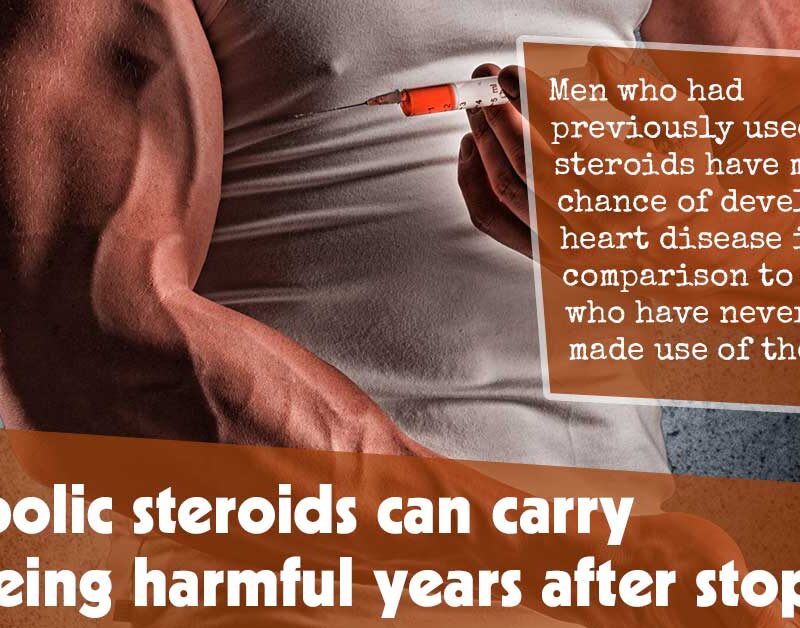The Impact of Sleep Issues on Stroke Risk: Amplifying the Odds by Up to 5 Times
Research indicates that individuals who experience sleep issues could be at a greater risk for stroke. Sleep problems included poor quality rest, sleeping too little or too much, taking long naps during the daytime, sleep apnea, snorting and snoring issues as well. Individuals with five or more sleep issues had an even higher stroke risk. …









